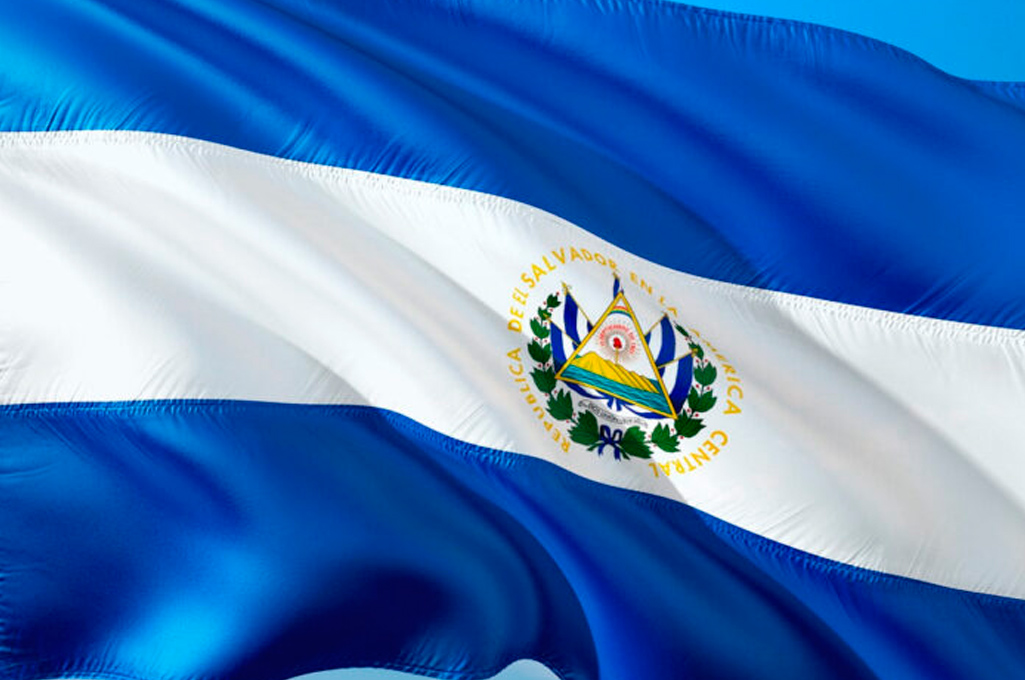Volcano Energy expects to operate an energy capacity of 20,000 megawatts (MW) in the future.
El Salvador is one of the countries with the greatest potential for green energy generation. According to statistics from the Salvadoran Association of Industrialists (ASI), in 2022, 70% of the country’s installed energy capacity was covered by renewable energy.
The competitiveness and natural resources that El Salvador offers to produce renewable energy is what is driving a group of entrepreneurs to mine bitcoins sustainably and at a lower cost in the country.
For this reason, a Bitcoin mining farm is currently being installed in El Salvador, which, in the future, hopes to become the largest in the world. With an investment of $1 billion, this Bitcoin mining farm will take advantage of all the renewable energy potential existing in the country to operate up to 20,000 megawatts (MW) of power.
The construction of the new farm for green Bitcoin mining is being undertaken by Volcano Energy, which is supported by the national government and backed by crypto industry companies such as Tether Limited.
Its president, Max Keiser, told Diario El Salvador that the farm will be powered by a renewable energy generation park, whose energy generation capacity will be divided into phases, starting with 241 megawatts of power until gradually scaling up to the 20,000-megawatt target. This park will be located in the municipality of Metapán, which was chosen for its abundant solar and wind energy potential. It will also be integrated with volcanic energy, the businessman commented.
Sustainable Bitcoin mining in El Salvador
Volcano Energy’s plans to build a mega-farm to mine bitcoins in a green way in the country extend until 2028 when the energy capacity of the facilities being built by the company will be 100% operational.
As the entrepreneur commented, Volcano Energy’s renewable energy generation capacity in its first phase will be divided between 169 MW of solar PV and 72 MW of wind power, for a total of 241 MW of green energy capacity. The remainder of the 20,000 MW target will be scaled up as the infrastructure to extract geothermal energy is developed, which will take about five years, he explained.
Wait is over! The power of @Volcano_Energy is here 🌋🔌#ElSalvador #BTC #Bitcoin #VolcanoEnergy pic.twitter.com/HTkd5ZOKfM
— Volcano Energy 🇸🇻🌋🔌 (@Volcano_Energy) June 5, 2023
According to Keiser, El Salvador wants to “monetize the expansion into the geothermal Bitcoin mining base”. He also commented that the construction of this mega cryptocurrency farm highlights El Salvador’s commitment to harness the power of Bitcoin to become a global benchmark mining center and to be debt-free by 2030.
Backing for the world’s largest cryptocurrency
Nayib Bukele, president of El Salvador, has positioned the country as one of the most important nations for the Bitcoin ecosystem, not only for being the first in the world to declare BTC legal tender but also through investment in the cryptocurrency at the government level, the creation of the so-called Volcano bonds, the design of a Bitcoin city and the installation of a national office to direct new favorable policies for the development and innovation of the cryptocurrency.
El Salvador also has a data center, called LaGeo SA, from which the country’s government promotes sustainable bitcoin mining with energy from volcanoes or geothermal energy.
But in addition to investment and sustainable Bitcoin mining, El Salvador is also fostering the development of open-source Bitcoin infrastructure. Earlier this month, the country kicked off an intensive training program called CUBO+, which is aimed at young students who want to train as developers of Bitcoin software and its payment layer, Lightning Network.
CUBO+ started last week with 21 students who will become the first generation of official Bitcoin and Lightning Network developers in El Salvador.






